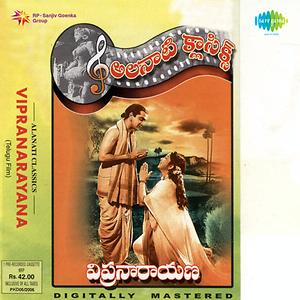

In the South, they are normally sung to the tunes set by Pudukkottai Gopalakrishna Bhagavatar but of course musicians and music composers may choose to present them in their own chosen ragas. The songs of Gita Govindam have come to be sung in different ragas in different regions of India though Jayadeva did set them to ragas. That said, however ‘old’ your ‘fashions’ are, surely it can’t be older than these words from the 12th century ! My song choice of today is relatively mild, only PG rated so you can read on. This is lyrical and sensuous poetry, openly erotic in places Jayadeva’s words will certainly make you blink or blush if you are old-fashioned. There is loneliness and longing, flirtation and jealousy, anger and pride and above all, the tenderness of love. Gita Govindam is a story of just one night, a night highly charged with emotions and passions. When Jayadeva returned, he saw the verse written down and realised that Lord Krishna himself had visited his home and written this verse. Taking the palm leaves from Padmavati, He wrote the very words that Jayadeva had hesitated to write.

While he was away, Lord Krishna is said to have taken Jayadeva’s form and visited his home.

Radha placing her feet on Krishna’s head? It is culturally so unacceptable! Without putting it down in the palm leaves, he left the incomplete song in his wife Padmavati’s hand and went to the river to bathe. Place your tender feet on my head as an ornament to refute Cupid’s poison.īut he hesitated to write it down. When he was composing this song, the following verse came to his mind : There is an interesting story associated with this particular Ashtapadi. Jayadeva and his wife Padmavati enjoyed a long and happy marriage. Jayadeva was the court poet of king Lakshmanasena (1179-1205), a Vaishnavaite king. In addition, there are 70 to 92 shlokas (depending on versions) in this great literary work, a true treasure of India. His Gita Govindam, literally The Song of Krishna, consists of 12 chapters with a total of 24 songs, most with eight padas or couplets (therefore also called Ashtapadi). ‘Oh my love! O my virtuous one!’ So addresses Krishna his beloved Radha in this 12th century song in Sanskrit by Jayadeva.


 0 kommentar(er)
0 kommentar(er)
